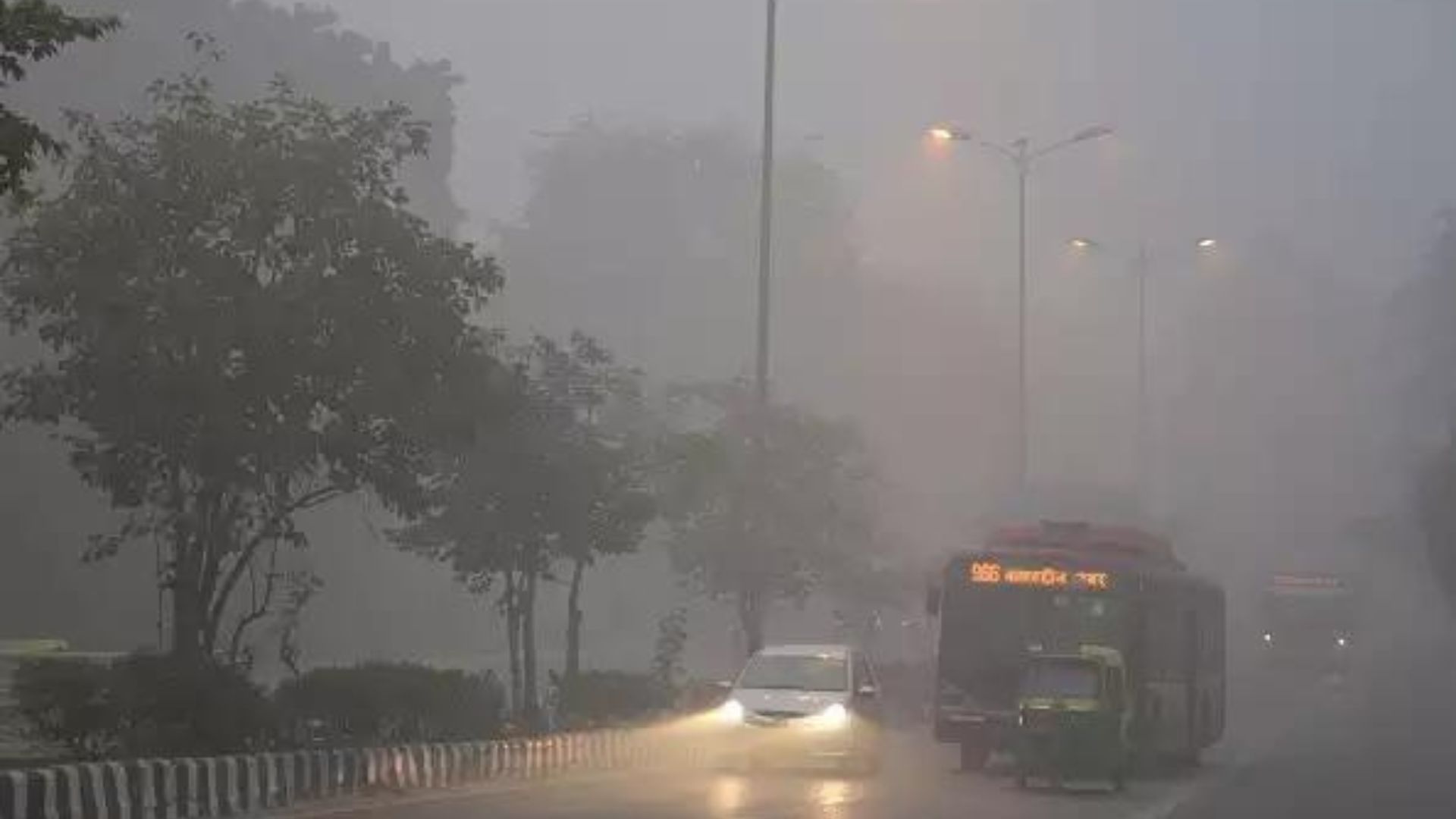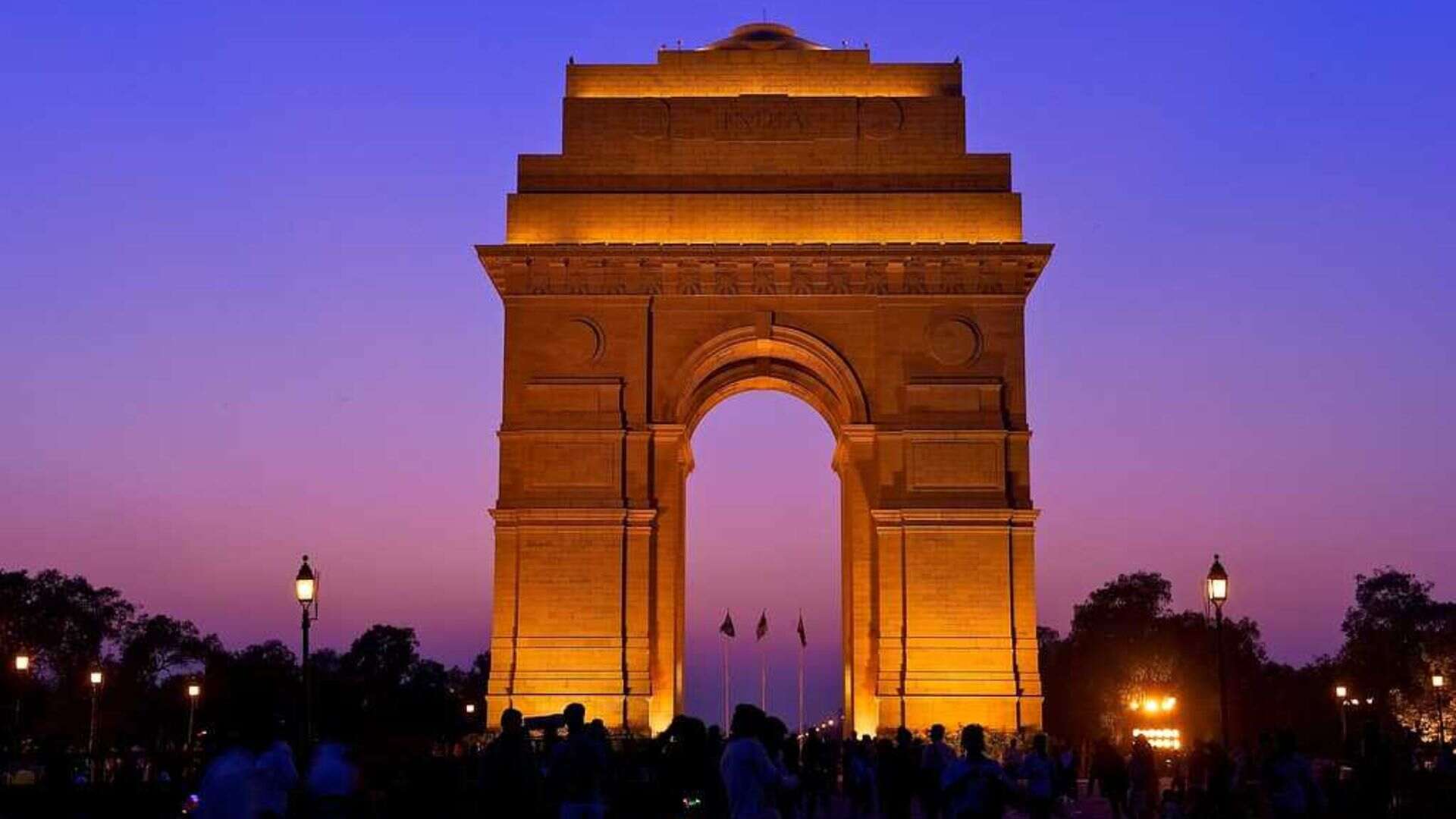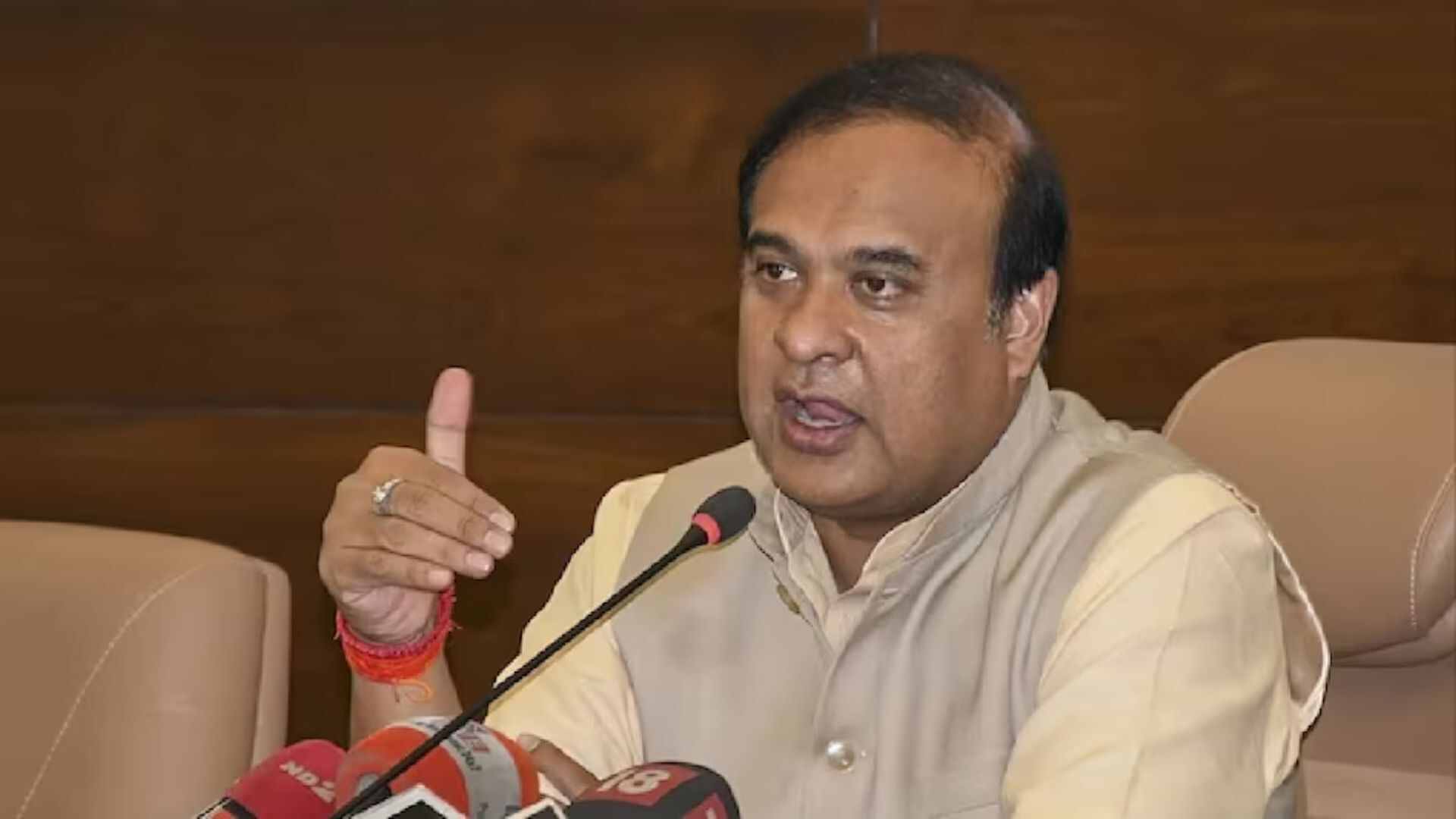Prime Minister Narendra Modi’s principal secretary, PK Mishra, chaired a high-level task force meeting at the PMO to review the “readiness of stakeholders” in addressing the worsening air quality in Delhi-NCR as winter approaches, according to a statement from the Ministry of Forest, Environment, and Climate Change.
Mishra stressed the importance of agencies enforcing the Graded Response Action Plan (GRAP) promptly and thoroughly to combat deteriorating air conditions during the colder months.
The meeting reviewed efforts to reduce pollution from sources like stubble burning, vehicle emissions, construction dust, solid waste, and diesel generator (DG) sets.
The meeting was attended by key officials, including Cabinet Secretary TV Somanathan, the Delhi Police Commissioner, and representatives from various ministries, such as Environment, Agriculture, Power, Petroleum, Road Transport, and Housing. Additionally, officials from the Central Pollution Control Board (CPCB), State Pollution Control Boards (SPCBs), and chief secretaries from Punjab, Haryana, Uttar Pradesh, Rajasthan, and Delhi participated.
Managing stubble burning this year
Mishra instructed the chief secretaries of Punjab, Haryana, and Uttar Pradesh to monitor and execute their action plans to eliminate stubble burning. He emphasized the use of Crop Residue Management (CRM) machines, improving supply chains for ex-situ management, and supporting small industries in utilizing paddy straw through briquetting and pelletizing.
Rajesh Verma, Chairman of the Commission for Air Quality Management (CAQM), shared that paddy straw production is estimated at 19.52 million tonnes in Punjab and 8.10 million tonnes in Haryana. Both states have committed to eliminating stubble burning. Punjab plans to manage 11.5 million tonnes through in-situ methods, with the rest handled ex-situ, while Haryana will manage 3.3 million tonnes in-situ, with ex-situ methods for the remainder.
Punjab will have over 150,000 CRM machines supported by 24,736 Custom Hiring Centres (CHCs), while Haryana will have 90,945 CRM machines with 6,794 CHCs. Additionally, 2 million tonnes of paddy straw will be co-fired in 11 thermal power plants in the NCR.
Other measures
– Mishra stressed the importance of regularly monitoring thermal plants to ensure co-firing targets are met, with penalties for non-compliance.
– CAQM reported that 220 of 240 industrial areas in the NCR now have gas infrastructure, with plans to connect the remaining areas soon.
– Dust from construction and demolition (C&D) activities is being monitored through a web portal, with mandatory registration for projects over 500 square meters.
– Mishra urged NCR states to boost e-Bus services, highlighting the PM eBus Sewa Scheme’s goal to deploy 10,000 e-Buses nationwide.
– He also underscored the importance of the “Ek Ped Maa Ke Naam” initiative, which fosters emotional and environmental significance.
– On firecracker pollution, state governments and law enforcement were instructed to strictly enforce existing bans and restrictions.
– The Ministry of Petroleum and Natural Gas was asked to accelerate biomass collection and expedite compressed biogas (CBG) plant construction.







